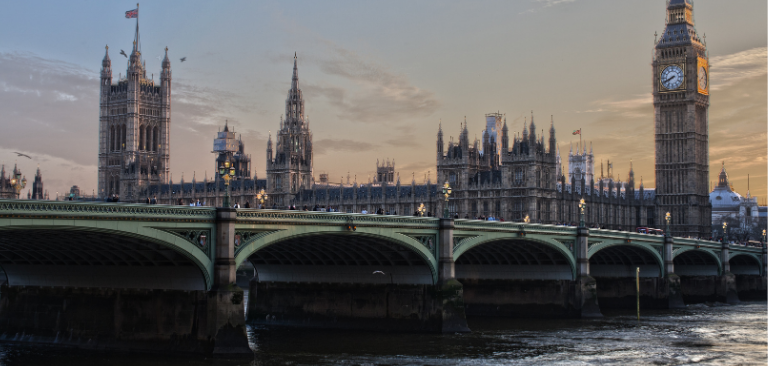A new paper authored by Adam Smith Institute’s legal fellow and technology lawyer Preston J. Byrne explores the state of freedom of speech in the UK and suggests that current problems the country is facing in this area could be solved by adopting rules protecting free speech modeled after the First Amendment of the US Constitution. )
As things stand, UK citizens can accuse others and even send them to prison for “crimes” like feeling offended by their speech, or finding that speech distressing or uncomfortable. But proper free speech protections should extend all the way to things that may be understood as “loathsome and hateful,” Byrne notes.
The reason to look for a new way of ensuring freedom of expression, which is a vital element in any true democracy, is the fact the UK has several laws that contravene it, such as the Public Order, Communications, Terrorism, and Malicious Communications acts, respectively. The way these are at times implemented goes against their original purpose and amounts to overreach, the paper’s author argues.
The newest batch of legislation that is a cause for concern in this space are the proposed Online Harms Bill and Scotland’s Hate Crime Bill, Byrne warns, adding that all these create a legal environment that protects the hearer rather than the speaker, and relies on social attitudes to introduce ever more restrictive policies.
On the other hand, the legislation that at this point guarantees free speech in the UK is based on Article 10 of the European Convention, that Byrne says is “woefully inadequate.” He believes that the article deals more with restricting than expanding free speech, while at the same time being quasi constitutional and poorly implemented in practice.
According to the paper, what Article 10 does is let subjective social and cultural trends shrink the boundaries of free speech, instead of providing an objective firm guarantee for it.
For all these reasons, Byrne thinks the UK should look for inspiration in the First Amendment to ensure protection of free speech and eliminate interference from the state, and name this new legislation the UK Free Speech Act.
If you're tired of censorship and dystopian threats against civil liberties, subscribe to Reclaim The Net.









